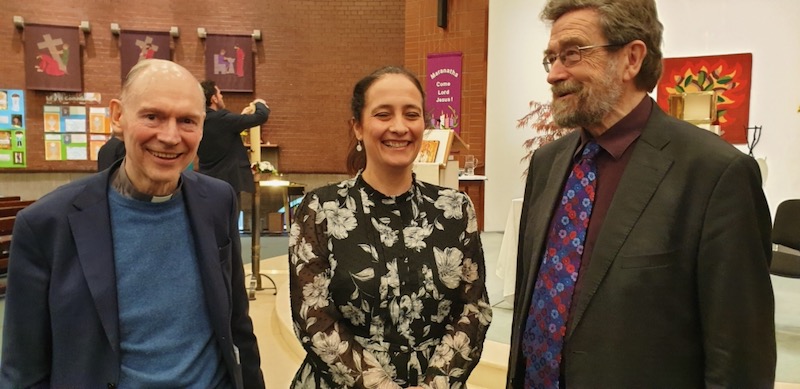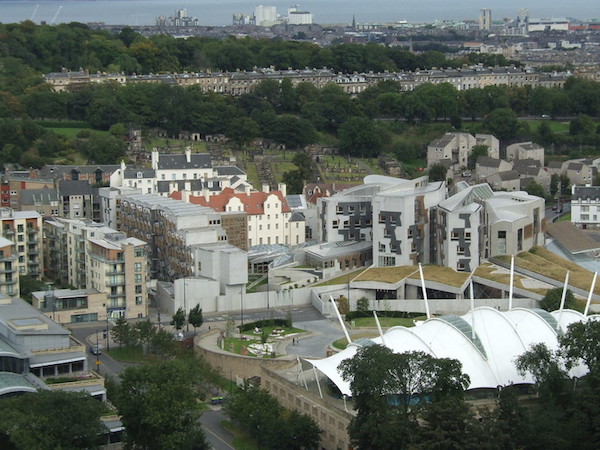The Catholic Church in Scotland has joined the Church of Scotland and the Scottish Association of Mosques in voicing their opposition to assisted dying ahead of a parliamentary vote on the practice later this year.
The Bishop of Paisley, John Keenan, the moderator of the General Assembly of the Church of Scotland, Dr Iain Greenshields and the Imam of Dundee Central Mosque, Hamza Khandwalla, warned moves towards legalisation would harm the most vulnerable.
“The ways in which similar laws in other countries are being applied, and the effect that its introduction would have some of the most vulnerable in our society, including older people and people with disabilities, would be extremely detrimental,” they said in a statement, released at an event in the Scottish parliament.
“Society is called to care for those who are suffering, not to end their lives.”
The proposed legislation, a member’s bill by Liberal Democrat MSP Liam McArthur, would “enable competent adults who are terminally ill to be provided at their request with assistance to end their life” in Scotland. It will be voted on by the devolved legislature later this year, with members expected to exercise a “free vote” on the question.
Announcing his bill last year McArthur called the current laws “unjust” and the cause of “needless suffering for many dying people and their families”.
Dignity in Dying Scotland, a campaign group for the measure, said current laws require those with terminal illnesses and who wish to end their life to leave Scotland to die: “Forcing people to travel abroad and pay thousands of pounds for a dignified death is cruel and wrong.”
Although the measures distinguish between assisted dying, which requires the patients consent, and euthanasia, which does not, critics have warned such laws could lead to a “slippery slope”.
Our Duty of Care, a group of medical professionals opposed to a change in the law, warned: “Any change in the law undermines the public’s trust in healthcare professionals and would devalue the inherent dignity of frail, elderly, and disabled patients.”
The religious leaders spoke out as the written evidence-gathering section of the UK parliamentary inquiry into assisted dying draws to a close. The inquiry, launched by the health and social care committee in December last year, will continue to take oral contributions from campaigners, experts and interested parties.
In their submission, the Catholic Bishops’ Conference of England and Wales said: “We reiterate the Catholic Church’s commitment to protecting and valuing life at all stages, no matter how physically or psychologically limited, and our opposition to assisted suicide as an attack on the inherent dignity of human life.”
Elsewhere in the British Isles, Jersey is pushing forward with the introduction of the “Jersey assisted dying service”, available to the terminally ill and those experiencing “unbearable suffering” as the result of an “incurable physical condition”.
On the Isle of Man responses to a public consultation on the question were split down the middle, with 49.61 per cent of respondents disagreeing with the principle of assisted dying and 49.01 per cent in support.
Several nations in the developed world have introduced laws around euthanasia and assisted dying in recent years, with Portugal’s vote to adopt the practice earlier this month prompting Pope Francis to express his sadness over this “law to kill”.



 Loading ...
Loading ...